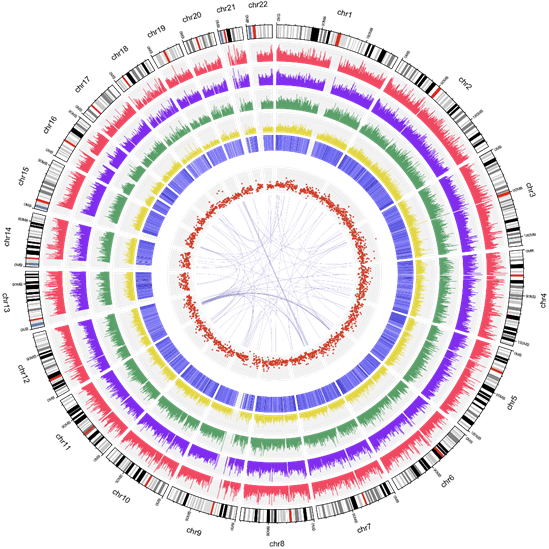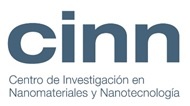Epigenetics
Epigenetics refers to the chemical marks that regulate chromatin (the material genes are made of) without affecting the DNA sequence itself. Epigenetics has become a fundamental discipline in the study of genome biology. Cell growth and differentiation is largely regulated by epigenetic processes. The alteration of these epigenetic mechanisms is associated with numerous pathologies, notably cancer.
Currently, our research focuses on the study of locus-specific and genome-wide epigenetic mechanisms such as DNA methylation and histone post-translational modifications during cell differentiation, and their alterations in cancer and aging.
Epigenetics is, in effect, the molecular link between genes and the effect of environment, and as such we are interested in studying the effects of environmental factors on the epigenome, and in identifying molecular biomarkers that are related to the occurrence of human diseases. In this context, we are particularly interested in studying the effect of nanomaterials, a growing component of our everyday life, but whose effects on the organism and human health are unknown.

Circular plot showing the location of 5mC and 5hmC in normal brain and glioma. Genomic chromosomal rearrangements identified in GBM are represented with blue lines connecting chromosomal breakpoints.
